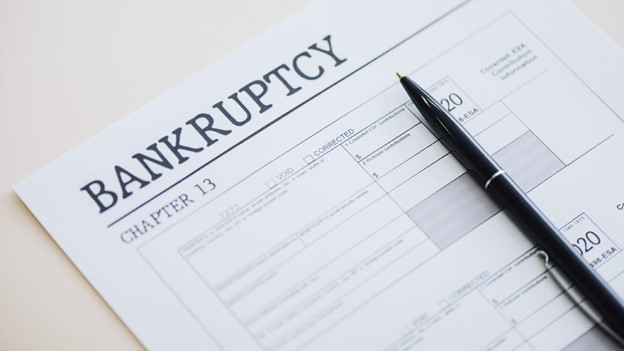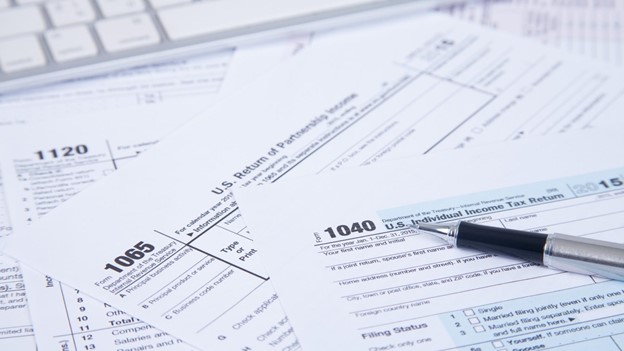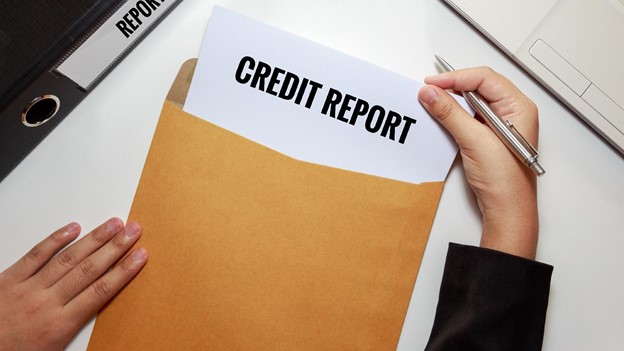
There are many ways financial difficulties can have an impact on your life. When someone loses their job or is injured in an accident, they may have no choice but to take on significant amounts of debt. If you are concerned about your finances and can’t seem to get out from under overwhelming debt, Chapter 13 bankruptcy can be an effective solution to ease your financial burden and get you moving in the right direction.
What Is Chapter 13 Bankruptcy?

Chapter 13 is a bankruptcy plan that lets you repay secured debts over a period of time, usually three to five years and eliminate (or at least greatly reduce) unsecured debt like credit cards and medical bills, lower your interest rate on certain secured debts and keep your home and vehicles, even if you’re currently behind on payments.
Debts such as alimony, child support, student loans, criminal fines, restitution and certain types of tax debt cannot be discharged. Preparing and filing a Chapter 13 bankruptcy is usually a complex process. A Texas bankruptcy lawyer can help you understand your rights under the law and help make the process run more smoothly.
Who Is Eligible for Chapter 13 Bankruptcy?

To file for Chapter 13 bankruptcy in Texas, there are certain requirements that must be met. You may be eligible for Chapter 13 if:
- You have been a resident of Texas for at least 90 days
- You have less than $1,010,650 in secured debt and less than $336,900 in unsecured debt
- You have filed income tax returns for the last four years
- You have adequate income to meet your monthly household obligations and make payments on your proposed repayment plan
If you have assets such as a home, vehicles and other valuable property and the ability to repay your debt after restructuring, filing Chapter 13 often makes better financial sense than filing Chapter 7 bankruptcy.
The Chapter 13 Bankruptcy Process in Texas

Talk to a Lawyer and Gather Financial Information
Before you even consider filing any type of bankruptcy in Texas, talk to a lawyer. Gather all of your financial information, including all income, assets and debts, living expenses and any major financial transactions from the last two years.
Accurate, honest information will help a bankruptcy attorney get a comprehensive view of your financial picture, determine whether filing Chapter 13 is an appropriate course of action and help you form a strategy for your debt restructuring and payment plan. Failing to disclose assets or omitting certain debts can lead to serious legal problems down the road.
Texas bankruptcy law also allows a broader range of asset exemptions than federal law does, so it’s important to hire a lawyer who understands the nuances of Texas bankruptcy law and how specific exemptions may apply in your case.
Get Credit Counseling
Debtors who intend to file bankruptcy are required by law to receive credit counseling within 180 days before filing. A credit counselor will go over your finances with you, help you develop a budget and discuss alternatives to bankruptcy. A certificate of completion should be included with your bankruptcy filing.
Prepare Documents and File for Chapter 13 Bankruptcy

Your attorney will prepare your bankruptcy petition, proposed repayment plan and other necessary documents and file the petition with the court. Once you file, the automatic stay that halts collection actions goes into effect. A bankruptcy trustee is appointed by the court. The trustee reviews your plan, ensures it complies with the law and notifies your creditors of your Chapter 13 filing and the automatic stay. The trustee will also collect payments and distribute them to creditors.
Meeting of Creditors
Although it’s called a meeting of creditors, it usually just consists of you and the bankruptcy trustee. They will ask questions about your finances, assets, property, income, secured and unsecured debt and any matters that need further clarification. This meeting is also an opportunity for creditors to ask questions and voice any objections to your proposed plan. You will be sworn in under oath, so it’s important to be unfailingly honest.
Confirmation Hearing
At the confirmation hearing, the court will address objections made by the trustee or creditors. If there are no objections, the court will approve your plan.
Creditors File Proof of Claim Forms

To get paid, creditors file proof of claim forms. You have the right to object to them. If important creditors don’t file proof of claim forms, you may want to file them yourself so the debt won’t be hanging over your head and will be included in your repayment plan.
Make Payments and Comply With Requirements of the Plan
Make payments as specified throughout the three to five year plan. You may also be required to provide documents like income and expense statements.
Take a Personal Financial Management Class
Before the payment plan ends, you must complete a debtor education class, which is different from the credit counseling you received before filing Chapter 13 bankruptcy.
The Court Grants a Discharge
Once you’ve completed these steps, the court will grant a discharge and close your case. The discharge eliminates any remaining balance of qualifying debt.
How Will Filing Chapter 13 Impact My Credit?

Chapter 13 bankruptcy stays on your credit report for up to seven years, however the benefits of ridding yourself of unsecured debt and starting the credit renewal process can far outweigh this. Remember that late payments, repossessions, foreclosure actions and large credit balances all have lasting negative impacts on your credit report and this is the beginning of stripping all of those negative items from your credit. Also during this time you can take steps to repair your credit and improve your financial literacy. Keep a close eye on your credit report and make sure to dispute any inaccuracies. You can check it each year for free at AnnualCreditReport.com. Staying abreast of what’s on your credit report can also help protect you from identity theft.
How a Dallas Bankruptcy Attorney Can Help

Filing bankruptcy is a big decision that can affect your life for many years to come. An experienced bankruptcy lawyer can help you create a Chapter 13 repayment plan that is tailored to meet your specific needs and guide you through the process every step of the way. Having the support, knowledge and expertise of a seasoned bankruptcy attorney in your corner can help alleviate some of the stress you may be feeling and ensure your rights and interests are protected.
Schedule a Free Consultation With a Texas Bankruptcy Lawyer
At Leinart Law Firm, our bankruptcy attorneys help clients throughout North Texas find personalized, practical debt relief solutions that work. To schedule a free bankruptcy case evaluation, use our convenient chat feature, fill out the contact form on our website or email us.


